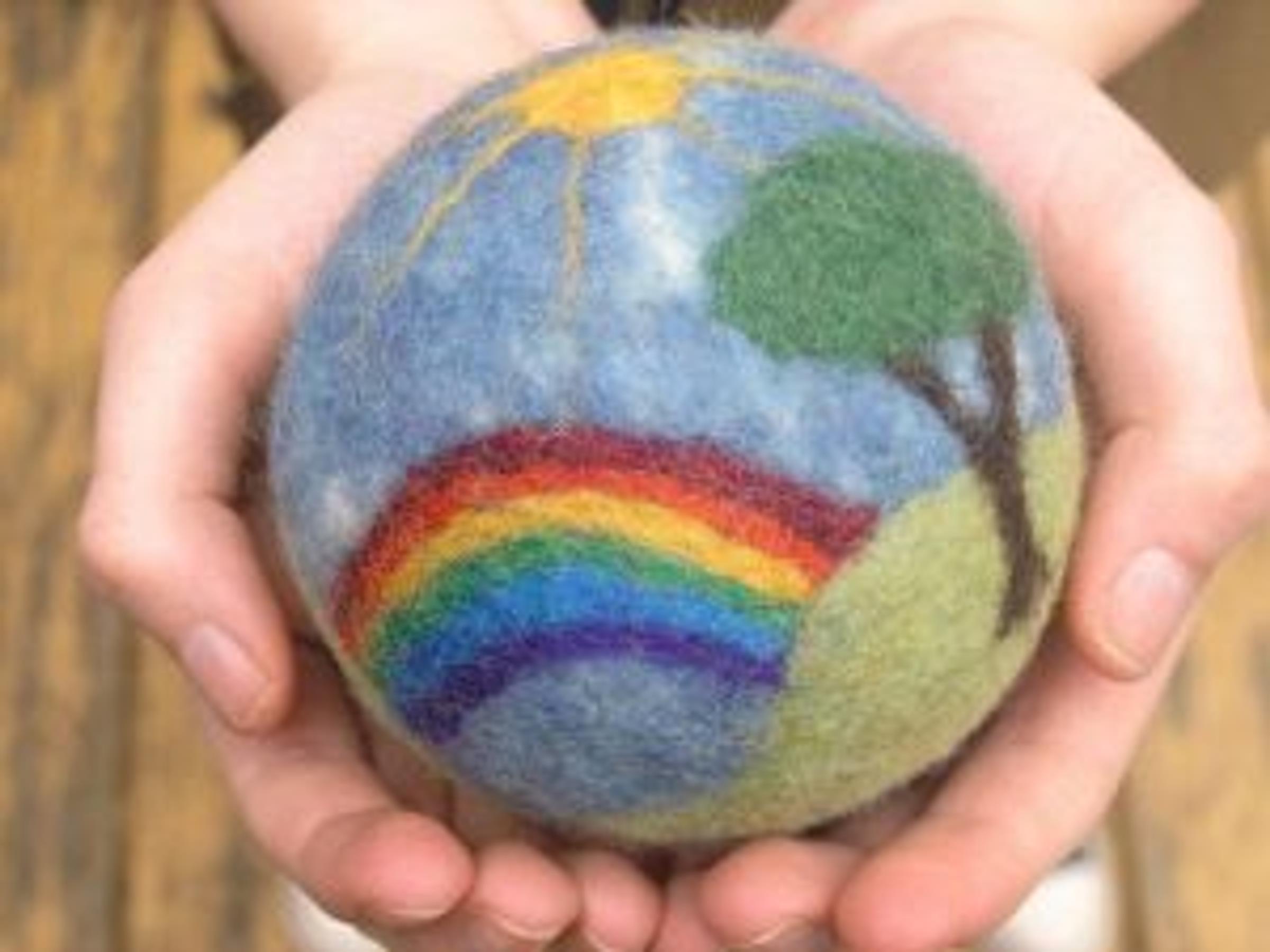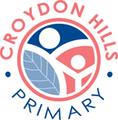Weekly Wellbeing

Just a Little Shoutout
This week the Wellbeing Team would like to thank all of the students, teachers, parents and staff members who have helped us in building our restorative community. The key to a restorative community is simply the ability to work with, and learn from, each other. Any flourishing community must take the time to deeply listen to each other, yet listening skills do not always come naturally. Considering all these things, there is no denying there is effort from our CHPS community to create that space for listening skills to develop, and our community to grow. All over CHPS there are staff members ready to listen to the concerns of students, just as there are students ready to listen to concerns of their schoolmates. As humans, from birth we desire deep and meaningful relationships. A primary school is square one of taking part in community and developing friendships. So a huge thank you to everyone who has taken action, been listening, and has been working with others to help grow a restorative community here at CHPS!
Building a Restorative School
Last week I (Cheyenne) lead a training for staff in Restorative Practices (RP). RP is a developing social science that looks at developing and supporting relationships within a community. The process of developing a restorative school is ongoing and requires practice and patience.
Asking effective restorative questions when conflict arises is one of the foundational and most important parts of developing a restorative culture. It is important to ask questions that do not assign blame or shame before we even understand what happened. Ask “What happened?” instead of “What did you do?”. Ask questions that dig deeper and help the child to think about consequences, questions like; “What were you thinking and feeling at the time?” and “Who has been affected by what you have done? In what way?” and, instead of just giving a punishment, try asking “ What do you think you should do to make things right?” . The process of asking these questions helps a child who has done something that has affected others, understand and own their actions.
Cheyenne Mason - Student Wellbeing Officer
